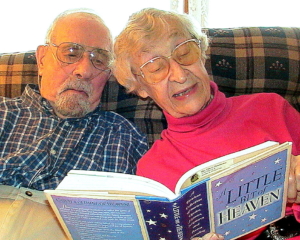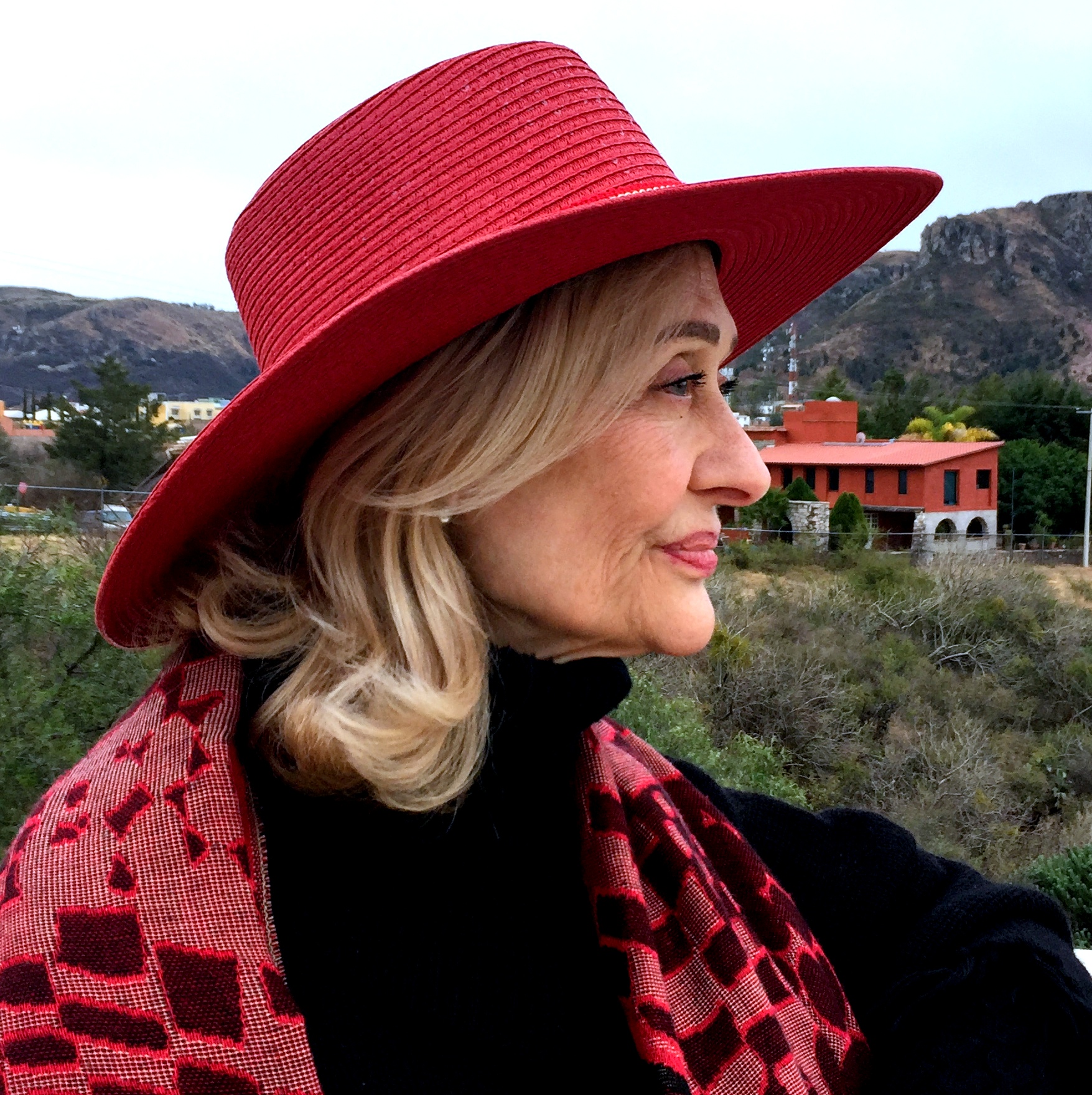“People without dementia are not used to enforced isolation, or social and physical distancing, whilst people with dementia experience it from the day we dare to share our diagnosis.” – Kate Swaffer
Do you ever wonder about stigma and where it begins? Have you ever experienced it? How does stigma feel? What are the effects of on-going stigmatization? How do you respond when significant others immediately drop out of your orbit – those who have been among your established social contacts?
And on the other hand
Does the description which follows sound like a household with two people diagnosed with dementia? It is, indeed, a snapshot from my personal experience with my parents – both of whom were in their 80’s when diagnosed. Some factors which contributed to our longevity together at the ranch include these:
An intergenerational relationship: One that worked!
The ideal setting: A simple, very homey, hygge-like, and familiar environment as we returned to be close to the land which we had loved.
 A working arrangement: One in which my parents would continue to experience a lively parade of people coming in and out – which had always been their style. Now sitting back to enjoy the traffic flow from behind their newspapers or while reading together, they would be observed whispering to each other, greeting guests, receiving deliveries, listening to music, having coffee. I have NO doubt that they knew it was all about their well-being and they were grateful. It had, after all, been THEIR decision. Care partners commented on how frequently they expressed their thanks.
A working arrangement: One in which my parents would continue to experience a lively parade of people coming in and out – which had always been their style. Now sitting back to enjoy the traffic flow from behind their newspapers or while reading together, they would be observed whispering to each other, greeting guests, receiving deliveries, listening to music, having coffee. I have NO doubt that they knew it was all about their well-being and they were grateful. It had, after all, been THEIR decision. Care partners commented on how frequently they expressed their thanks.
“The back 40”: My office. On a couple of occasions, Dad rolled his wheelchair in to check it out – and called my very modest 11’ x 11’ office space “the presidential suite.” Upon my arrival, he had carefully (and – I believe – gratefully) cleared off his desk for me to be able to work there. During the four hours per day on weekdays when care partners were present, I was able to continue my work in healthcare consulting. With an open door, I was alert to when another set of hands would be needed in the great room.
A feeling of safety and security: This was enhanced by continuity of care and learning to know our care partners as family. This often included the ability to get out and about for shopping and errands with experienced care partners in whom we all had confidence.
An “academic” curiosity: “Why study Alzheimer’s?” It was with this same curiosity that we had begun our ranch experience. Kyrie Carpenter answers this question in a brief – but brilliant – explanation which is quoted in our blog post. She describes a needed shift which could change the whole care environment for the one living with dementia:
“Suddenly, Alzheimer’s and the person experiencing it are no longer pathological, rather they are interesting and valuable.” (An important read! Please find it here.)
In our early years together, I never saw my parents as “pathological,” but rather “interesting,” “funny together,” “peaceful” – and still enjoying each other – while employing a well-developed sense of humor.
Respect: Adult children caring for older parents are sometimes heard in the media describing the parent-child roles as being reversed following a dementia diagnosis. The “adult child becomes the parent.” Hmm – I just never, ever felt that way. He was my father. She was my mother. And that would never change!
Nor would I ever have commented, “She’s no longer my mother,” due to a diagnosis. Again, she was always my mother. She and Dad both had inimitable – and indomitable – spirits which stayed with them until their final hours. Again – simply inimitable and somewhat self-effacing, as though they didn’t deserve the attention. Thus, their expressions of gratitude were sincere and deep-felt. I came to have a deep respect for them and for this frontier terrain we traversed together.
I had come to this experience open to what I could learn – for however long we could all manage together. “Open” – because who could have predicted in the year 2000 (our move to the ranch) how long it would be “manageable” for us to be together?
My unequivocal conclusion from the experience was that we need to…
Stop pathologizing. Start humanizing.
“Behaviors and Symptoms” of dementia? Even if you have never heard the description, you will quickly understand… Stop to think about it.
- When you hear the word, “dementia,” what comes to mind?
- How do you expect the person to be acting following a diagnosis?
- Does it cause you to back away – to add some social distance?
Witnessing it in the late 90’s, I experienced it over our years together while being on the front-line of our ranch experience. Stigma. How prevalent is it in your experience and response to marginal groups?
Kate Swaffer, a Dementia Activist who needs no introduction
Since the pandemic lockdowns which began in March 2020, Kate’s blog post written in that same month has resonated.
Within the international dementia community, Kate needs no introduction. Having been diagnosed with Early Onset Dementia, she is a well-known activist, author, and spokesperson. Earlier in this year, we welcomed her to our group of Influencers on ABeautifulVoice.org where you can read more about her global activism.
Kate compared the behavioural and psychological symptoms of dementia with those we were witnessing among our neighbors already in the early days of the pandemic – March 2020.
She asked, “Are these the ‘neuropsychiatric symptoms’ of COVID-19? And if so, will they end up in the DSM-V…?”
Sadly for all of us, her spot-on observations about the suffering being experienced in this humanitarian crisis appear to have been prophetic.
Concluding question: During this pandemic, we are redefining systems and how to do things – including how to humanize dementia. Isn’t it time to re-evaluate what is accepted as “acceptable”? The “standards of care,” the treatment, the housing – and how our relationships – and the stigma we unwittingly manifest – impact the well-being of those living with dementia?
In this holy season, how can we be in positions of knowing it’s not “A Wonderful Life” for so many – and not act?
Kate Swaffer – raising the bar
Kate is, as always, thought-provoking. She will be appearing in this presentation coming soon: Reframing dementia as a disAbility. Please note the time conversion: 7:00 PM-8:00 PM in London is 1:00-2:00 in Chicago. (6 hours)
Author: Susan Troyer



Leave A Comment